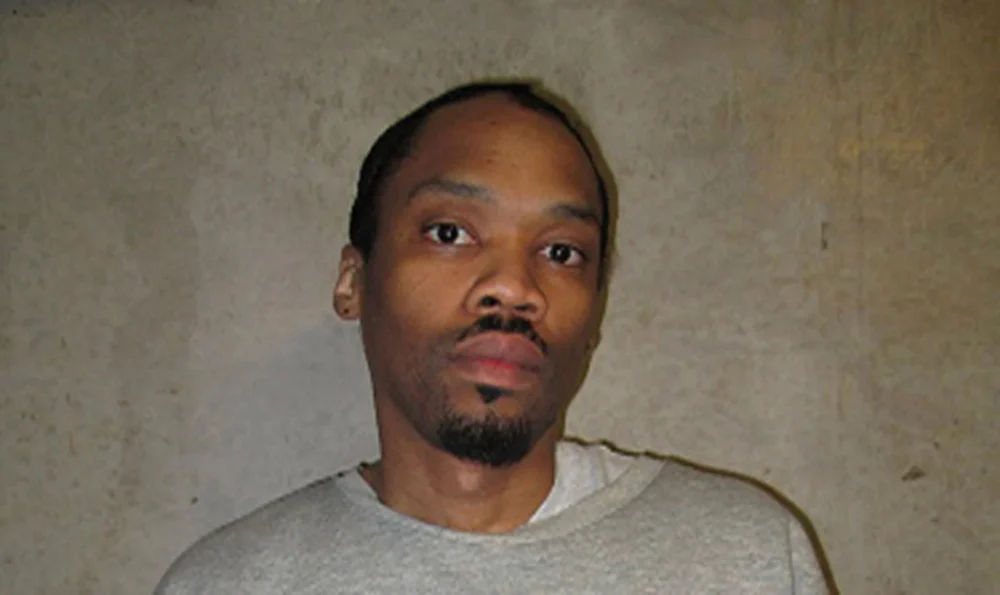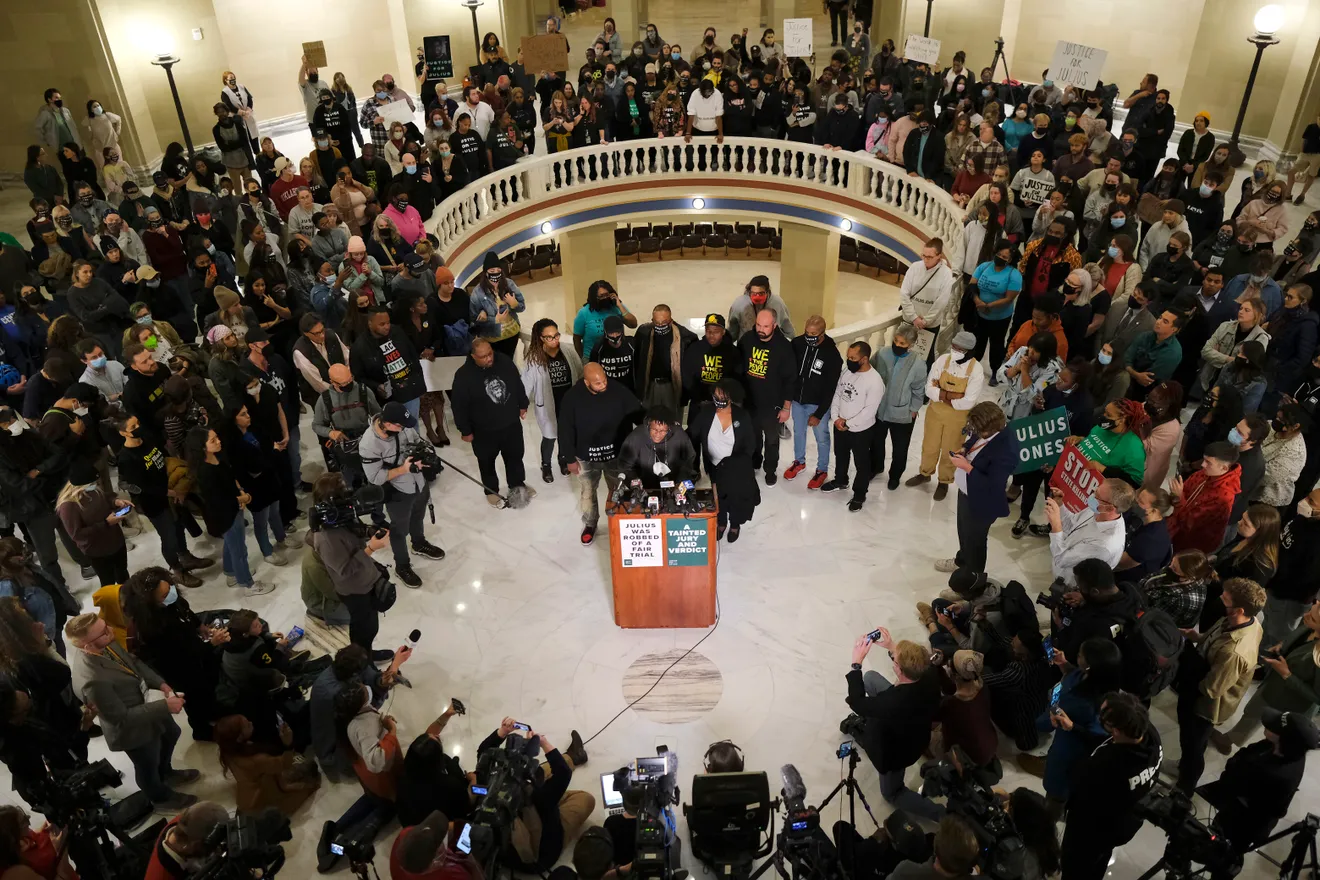
Gov. Kevin Stitt ought to heed the state Pardon and Parole board and spare the life of 41-year-old Julius Jones, scheduled to die Nov. 18.
Granting Jones clemency will reduce his death sentence to life in prison with the possibility of parole for the 1999 murder of Oklahoma City businessman Paul Howell during a carjacking.
In recommending clemency, three of four parole board members cited doubts about the evidence that convicted Jones. A 2018 ABC documentary, “The Last Defense,” also raised serious questions about his guilt.
Among the numerous problems with the death penalty, the horrific possibility of executing the innocent is perhaps the most troubling. Nationwide, more than 180 death row prisoners have been exonerated.
Last week’s execution, also in Oklahoma, of John Marion Grant underscores another serious problem with executions: the uncertain reliability of lethal injection drug protocols, along with the secrecy surrounding the manufacturing and procurement of such drugs.
A string of botched executions has raised serious constitutional questions.
Oklahoma prison officials curtly denied botching Grant’s execution, declaring it occurred “without complications.”
But reporters witnessed Grant convulsing and heaving from the sedative midazolam before his heart stopped after injection of two other drugs.
Oklahoma has put to death 192 inmates, 82 by electrocution and 112 by lethal injection, over the past century — second to only Texas in its zeal for executions.
Even a state that sanctions the death penalty must be certain of its method of execution and, beyond doubt, it is executing a guilty person.
In the Jones case, the government, conducting the execution in the name of the people, cannot be certain.
The government-sponsored killing of an innocent man would bloody the hands of every resident of Oklahoma.
Only Stitt can make sure it does not happen Nov. 18.









